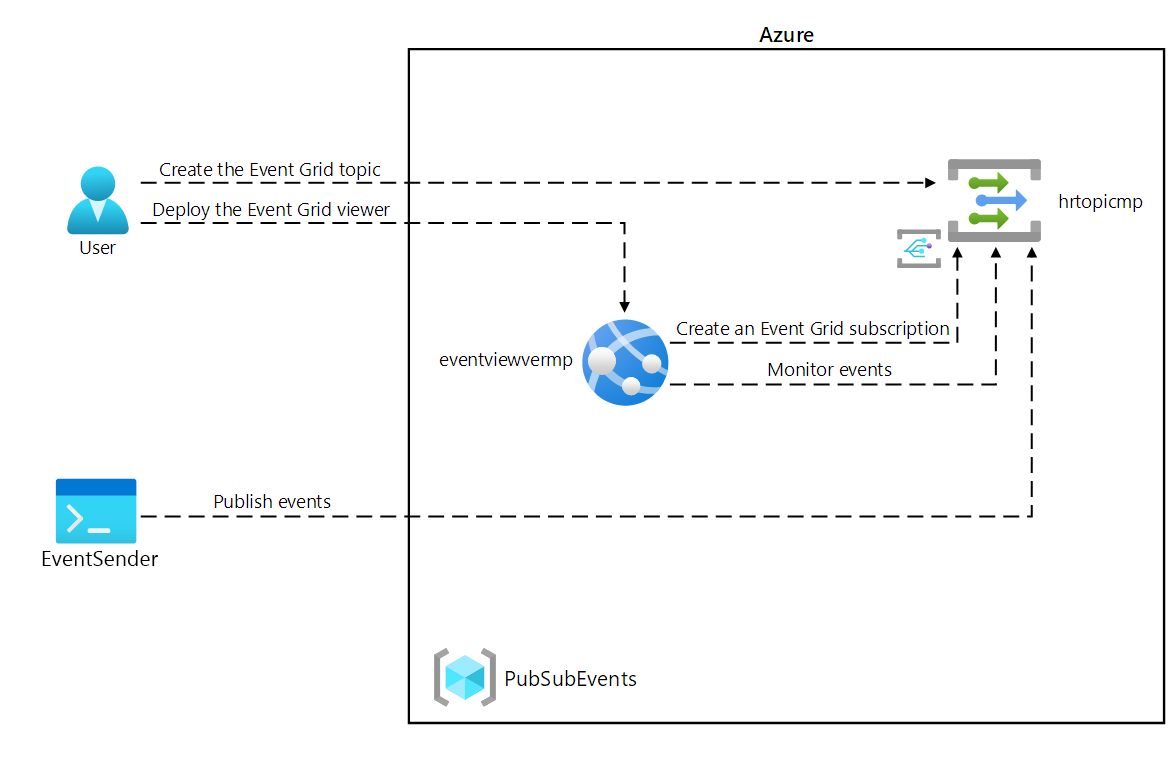Docker is a tool designed to make it
easier to create, deploy, and run applications by using containers. Containers
allow a developer to package up an application with all of the parts it needs,
such as libraries and other dependencies, and ship it all out as one package.
By doing so, thanks to the container, the developer can rest assured that the
application will run on any other Linux machine regardless of any customized
settings that machine might have that could differ from the machine used for
writing and testing the code.
In a way,
Docker is a bit like a virtual machine. But unlike a virtual machine, rather
than creating a whole virtual operating system, Docker allows applications to
use the same Linux kernel as the system that they're running on and only
requires applications be shipped with things not already running on the host
computer. This gives a significant performance boost and reduces the size of
the application.
And
importantly, Docker is open source. This means that anyone can contribute to Docker
and extend it to meet their own needs if they need additional features that
aren't available out of the box.
Who is Docker for?
Docker is a
tool that is designed to benefit both developers and system administrators,
making it a part of many DevOps (developers + operations) toolchains. For
developers, it means that they can focus on writing code without worrying about
the system that it will ultimately be running on. It also allows them to get a
head start by using one of thousands of programs already designed to run in a
Docker container as a part of their application. For operations staff, Docker
gives flexibility and potentially reduces the number of systems needed because
of its small footprint and lower overhead.

No comments:
Post a Comment